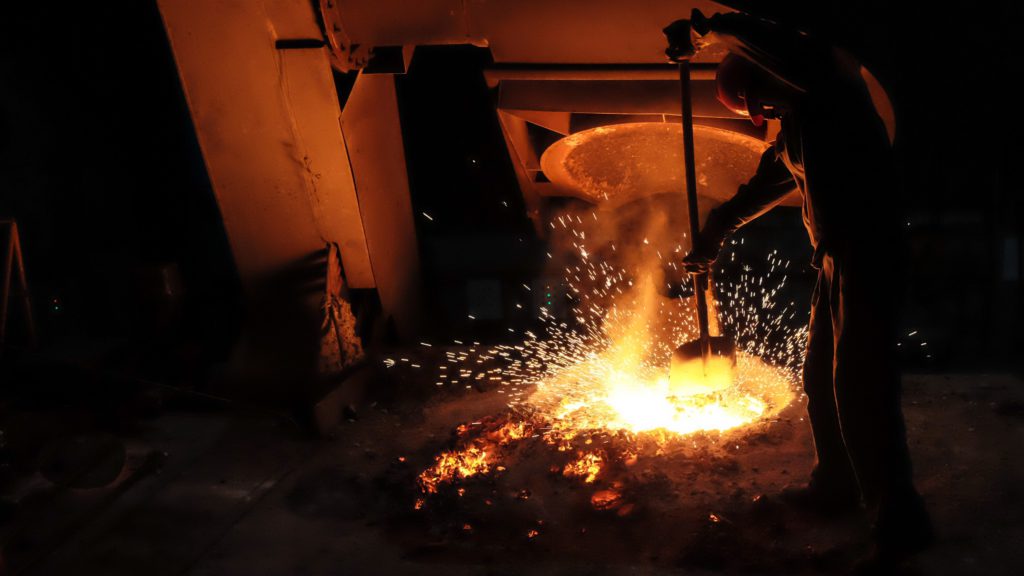Iron ore price inches higher on fresh China support

Iron ore futures edged up on Monday after Chinese authorities announced measures to increase consumption, although a sluggish manufacturing sector in China and lingering concerns about steel demand capped the gains.
The most-traded September iron ore contract on China’s Dalian Commodity Exchange ended daytime trade 0.5% higher at 841.5 yuan ($117.79) per metric ton after a two-session slide.
On the Singapore Exchange, the benchmark September iron ore rose 0.9% to $107.6 a metric ton, as of 0710 GMT, also after two sessions of declines.
China’s State Council issued measures to restore and expand consumption in the automobile, real estate and services sectors, aiming to give full play to the “fundamental role” of consumption in economic development.
China’s biggest cities, including Beijing and Shenzhen, said over the weekend that they would implement measures to better meet the needs of homebuyers, without giving details, aiming to prop up a property sector that is seeing few signs of recovery.
Manufacturing activity in the world’s second-largest economy fell for a fourth straight month in July, albeit at a slower pace, an official factory survey showed, reinforcing the need for further policy support to boost domestic demand.
“We think the market will move into a surplus with increasing steel production controls kicking off, reducing offtake; meanwhile, we expect iron ore supply to remain relatively stable in the second half of 2023,” Citi analysts said in a note.
Steel mills in China’s southwestern Yunnan province have been asked to prepare for production cutbacks in order to meet a government mandate on capping 2023 output at last year’s level, two Chinese consultancies said last Friday.
Most steel benchmarks on the Shanghai Futures Exchange gained. The most-active rebar contract climbed 0.2%, hot-rolled coil slid 0.2%, wire rod gained 1.2%, and stainless steel strengthened 1.0%.
Meanwhile, steelmaking ingredients tumbled, with Dalian coking coal and coke falling 1.9% and 0.7%, respectively.
($1 = 7.1439 yuan)
(By Carman Chew; Editing by Subhranshu Sahu)
{{ commodity.name }}
{{ post.title }}
{{ post.date }}




Comments